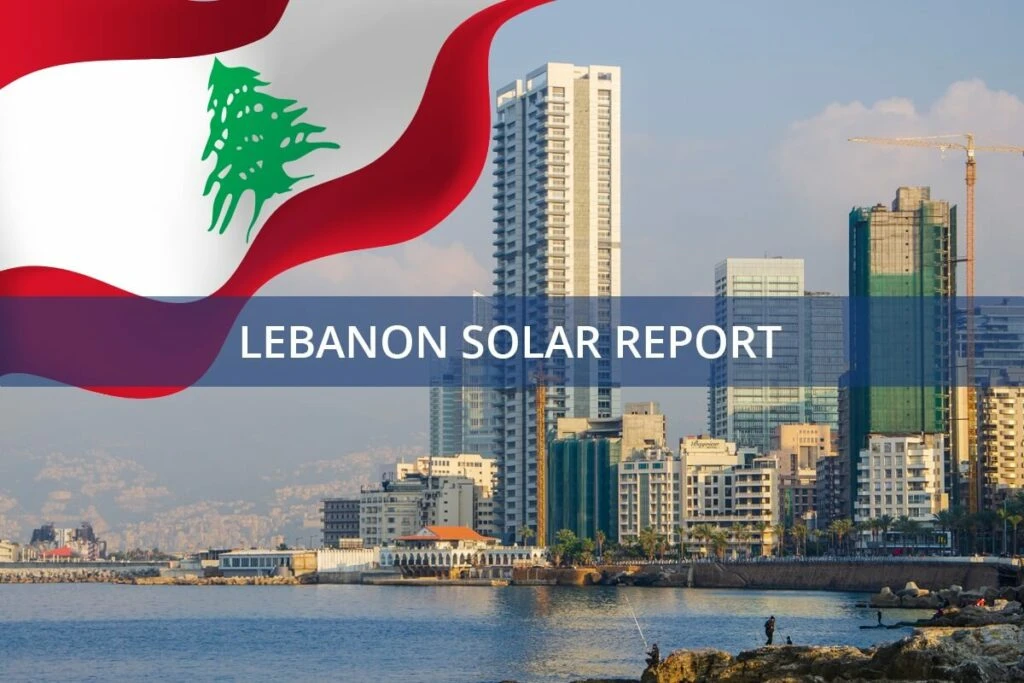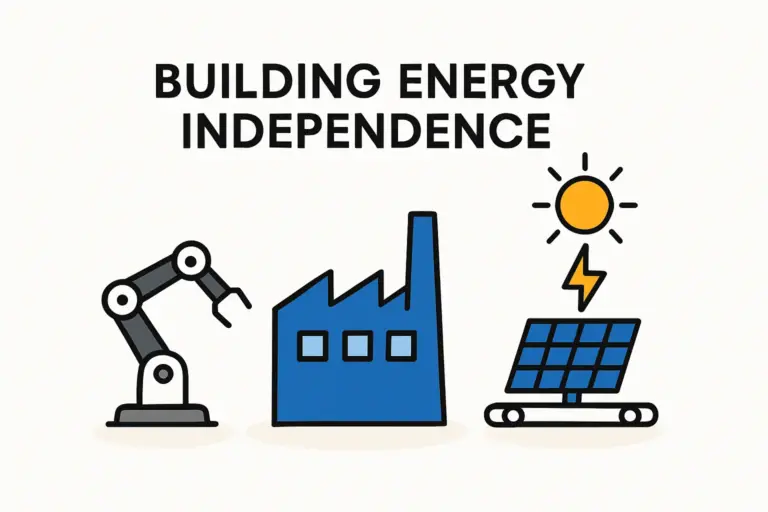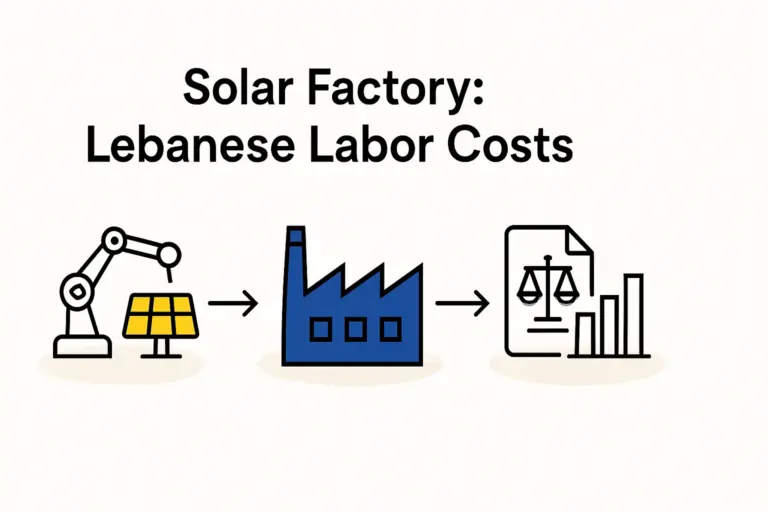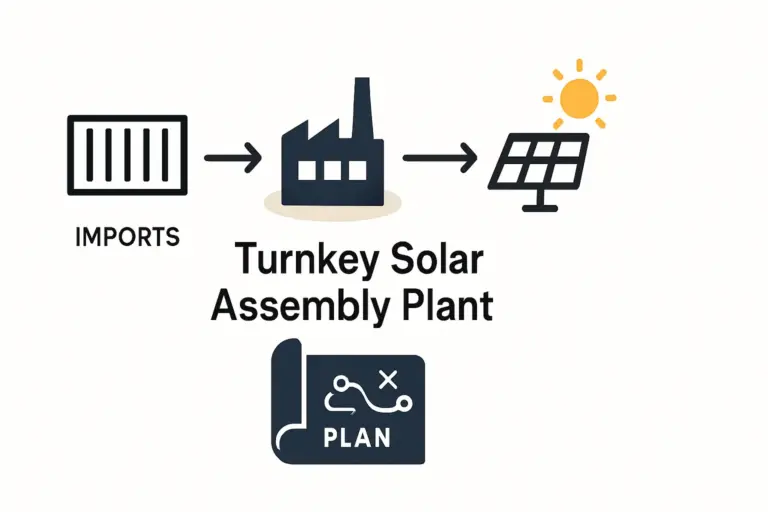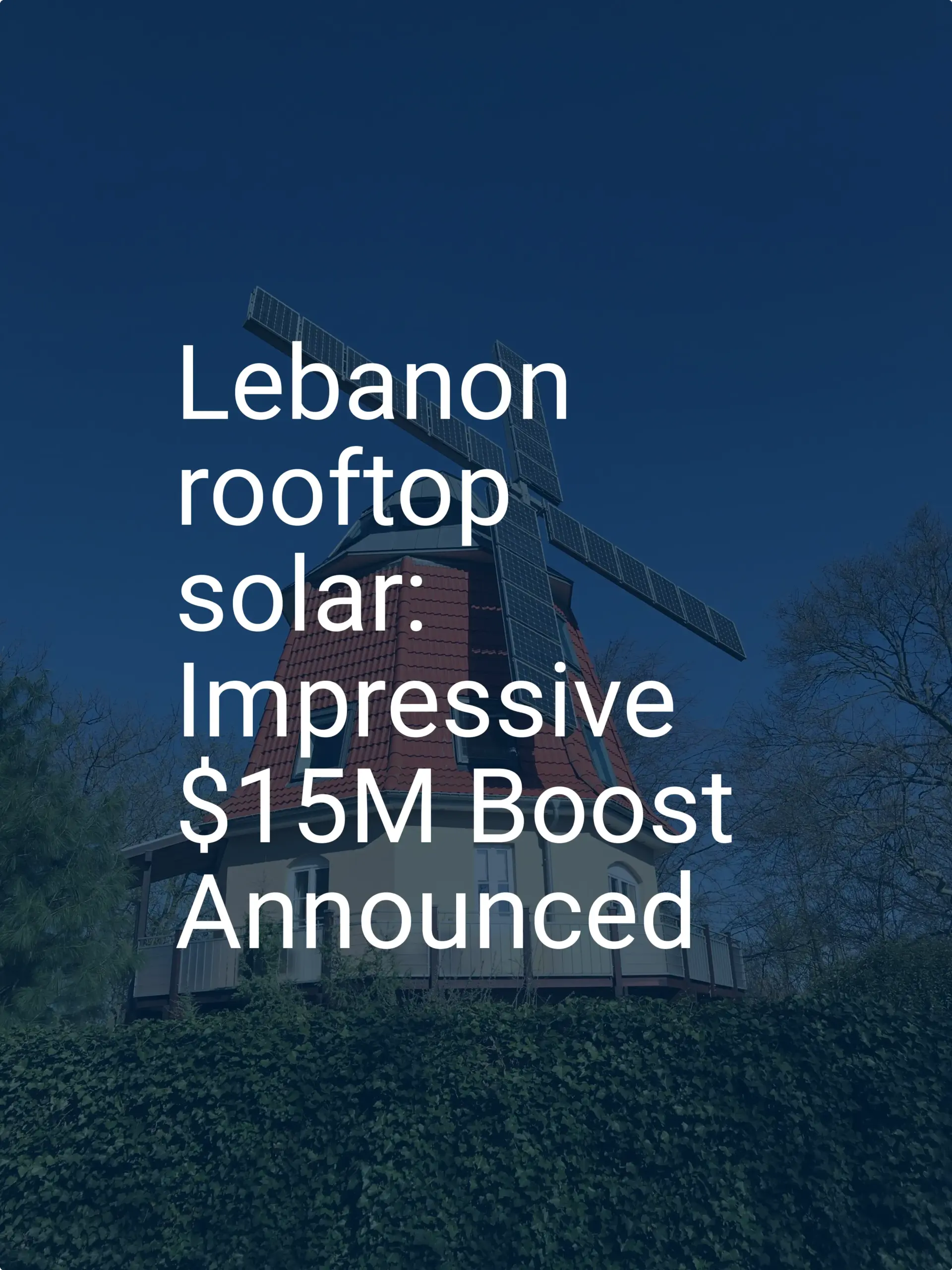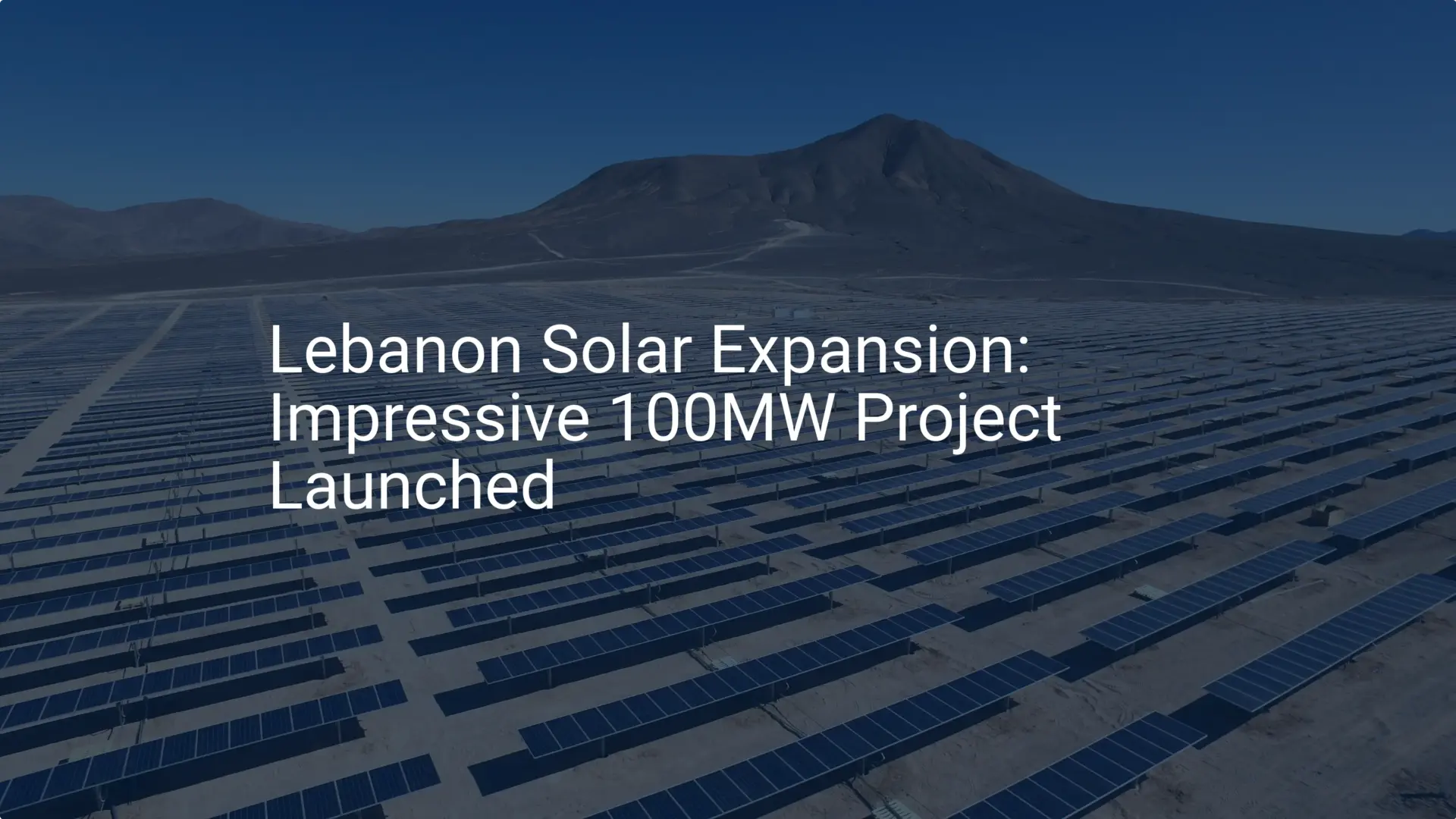Lebanon’s demand for reliable energy presents a significant opportunity for solar power. With a struggling public grid, businesses and households have turned to photovoltaic solutions, driving a surge in the market. This trend signals a clear opening for local solar module manufacturing.
Yet this opportunity is paired with a considerable challenge: navigating a financial and banking sector in crisis since 2019. This article provides a professional analysis for foreign investors considering the sector. We outline the key financial hurdles—including capital controls, profit repatriation, and financing—and explore strategic frameworks to mitigate these risks.
The Lebanese Economic Context: A Dual Reality for Investors
To understand the investment climate, it’s essential to appreciate the profound economic shifts in Lebanon since 2019. The country has faced a severe, multi-faceted crisis, including a sovereign debt default and the collapse of its banking sector. The most visible symptom of this turmoil has been the dramatic devaluation of the Lebanese Lira.
This situation presents a dual reality for potential investors. While the failing national infrastructure makes the case for solar energy self-evident, the very crisis driving that need also creates significant barriers to investment. A successful approach must therefore be planned to operate largely outside the local banking system.
Financial Challenge 1: Capital Controls and Profit Repatriation
The ability to move capital and repatriate profits is fundamental for any foreign investor. In Lebanon, this has become the single most critical financial challenge.
Following the 2019 crisis, Lebanese banks imposed informal capital controls to prevent a complete collapse from deposit withdrawals. These controls, based on circulars from the Banque du Liban (BDL) rather than formal law, effectively trap foreign currency within the banking system.
Key points for investors:
-
Informal Nature: The lack of a formal capital control law creates a climate of uncertainty and makes long-term planning difficult. Regulations can change with little notice based on new central bank directives.
-
‘Lollar’ Accounts: US dollar deposits held in Lebanese banks before the crisis (now termed ‘Lollars’) cannot be withdrawn at their full value in actual US dollars, which has completely eroded trust in the system.
-
Profit Repatriation: Moving profits generated in Lebanon out of the country through official banking channels is currently unfeasible. Any revenues deposited into a local bank account are subject to the same stringent controls.
While government bodies like the Investment Development Authority of Lebanon (IDAL) offer incentives such as tax exemptions, these benefits do not solve the core problem of capital mobility. The banking crisis fundamentally undermines their effectiveness.
Financial Challenge 2: Securing Project Financing
The second major hurdle is securing the necessary capital. A standard investment for a solar module production line requires significant funding for machinery, facilities, and working capital—funds that are unavailable locally.
The Limitations of Local Lebanese Banks
Due to a severe liquidity crisis, Lebanese banks cannot provide the large-scale, US dollar-denominated loans required to set up a manufacturing facility. They lack the foreign currency reserves and are focused on managing their existing distressed portfolios. For any new, large-scale industrial project, local financing is simply not viable.
The Role of International Financial Institutions (IFIs)
The primary route for financing is through international Development Finance Institutions (DFIs). Key players for the region include:
- International Finance Corporation (IFC)
- European Investment Bank (EIB)
- European Bank for Reconstruction and Development (EBRD)
Securing a loan from these institutions is a rigorous process. They require an exceptionally well-documented and bankable project, backed by a comprehensive solar business plan. Due diligence is extensive, and investors must demonstrate a clear strategy for mitigating Lebanon’s political and financial risks. Political risk insurance is often a non-negotiable requirement.
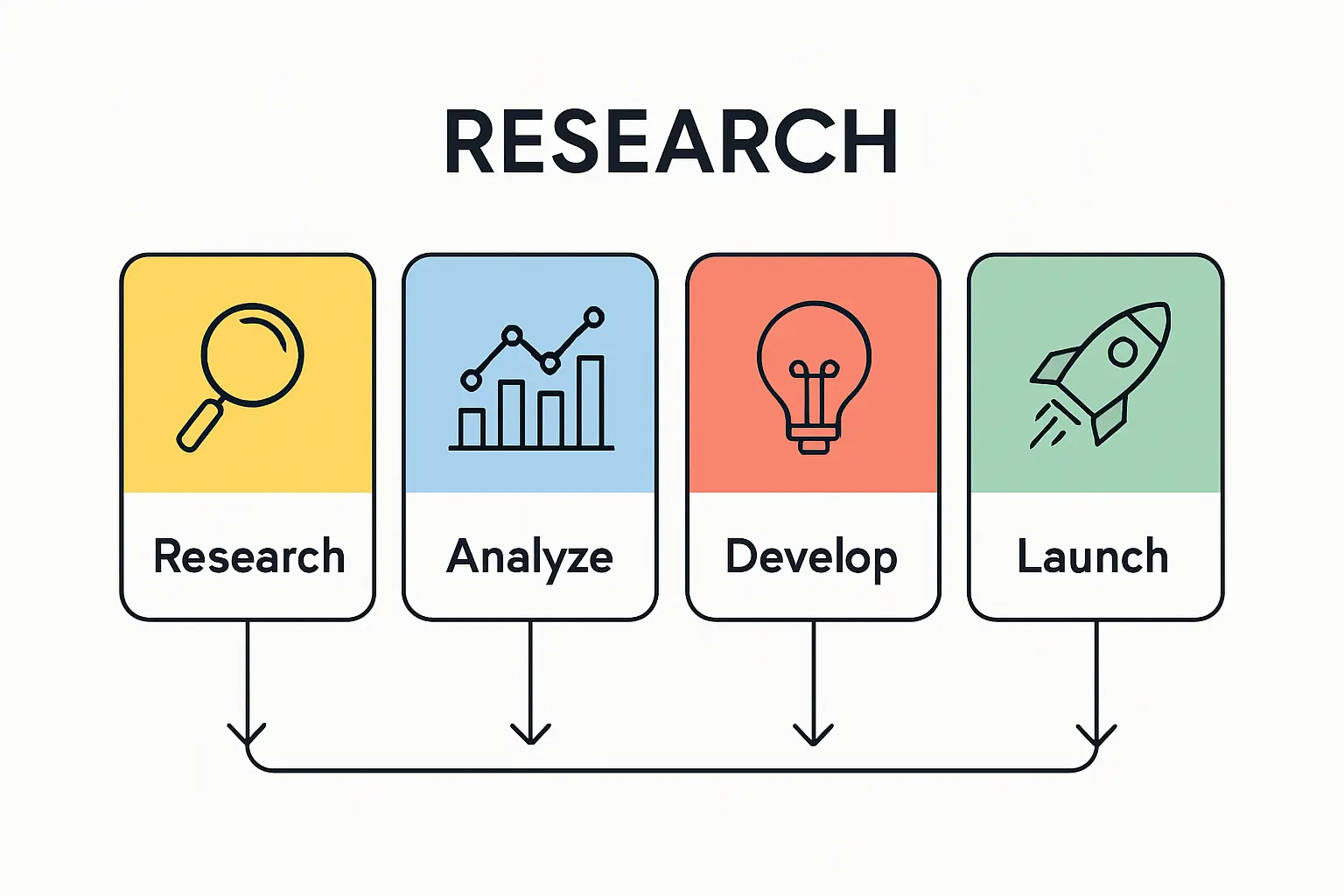
Strategic Frameworks to Mitigate Financial Risk
Success in this market depends on designing a corporate and financial structure that insulates the investment from the local banking system. Experience from J.v.G. turnkey projects in other emerging markets shows that addressing this financial architecture from day one is as critical as the technical planning itself.
Corporate Structuring with Special Purpose Vehicles (SPVs)
A proven strategy is to establish the parent company or a Special Purpose Vehicle (SPV) in a stable, well-regulated jurisdiction with strong investor protections, such as the UAE (e.g., DIFC, ADGM) or Cyprus.
This offshore entity would:
- Act as the legal recipient of the international loan.
- Own the Lebanese manufacturing subsidiary.
- Hold the primary contracts for machinery and equipment supply.
This structure legally separates the core investment capital from the Lebanese jurisdiction.
Managing Revenue with Offshore Accounts
To address the profit repatriation challenge, all significant revenues—especially US dollars from exports or sales to large local clients—should be collected in an offshore bank account held by the SPV.
This approach ensures that foreign currency earnings never enter the Lebanese banking system and are therefore protected from capital controls. Funds for local operational expenses, such as salaries or payments to local suppliers, can then be transferred into Lebanon as needed.
The Importance of Specialized Legal and Financial Counsel
Executing this strategy is complex. It requires specialized legal and financial advisors with expertise in international project finance, cross-border transactions, and the specifics of the Lebanese regulatory environment. Attempting to navigate this landscape without such counsel is unacceptably risky.

Frequently Asked Questions (FAQ)
Is it impossible to get money out of Lebanon?
For significant amounts, repatriating funds through the local banking system is extremely difficult, if not impossible. The professional solution is to collect revenue in offshore accounts, bypassing the domestic banking system for major transactions.
Can I use the Lebanese Lira for my investment?
No. The primary capital expenditures for a turnkey solar manufacturing line, such as machinery and raw materials, are priced and paid for in US Dollars or Euros. The Lira’s extreme volatility makes it unsuitable for capital investment.
Do government incentives from IDAL solve the banking problem?
No. While incentives like tax holidays are valuable, they operate separately from the banking sector’s regulations. They do not override capital controls or solve the banking liquidity crisis.
How long does it take to secure international financing for a project in Lebanon?
Given the perceived country risk, the due diligence process by IFIs is meticulous. An investor should anticipate a timeline of 6 to 12 months, or potentially longer, from initial application to final approval and disbursement.
Conclusion: Planning for Success in a Complex Market
The opportunity to establish a solar module manufacturing plant in Lebanon is real, driven by undeniable market demand. However, the investment thesis is only viable if built on a sophisticated financial and legal strategy from the start.
The standard model of operating through a local company with local banking won’t work here. Instead, success requires an international structure that uses SPVs and offshore accounts to insulate the project from Lebanon’s financial instability. While the challenges are significant, they are not insurmountable. With expert guidance and a meticulously planned financial framework, an investment can be structured for resilience and long-term success.


